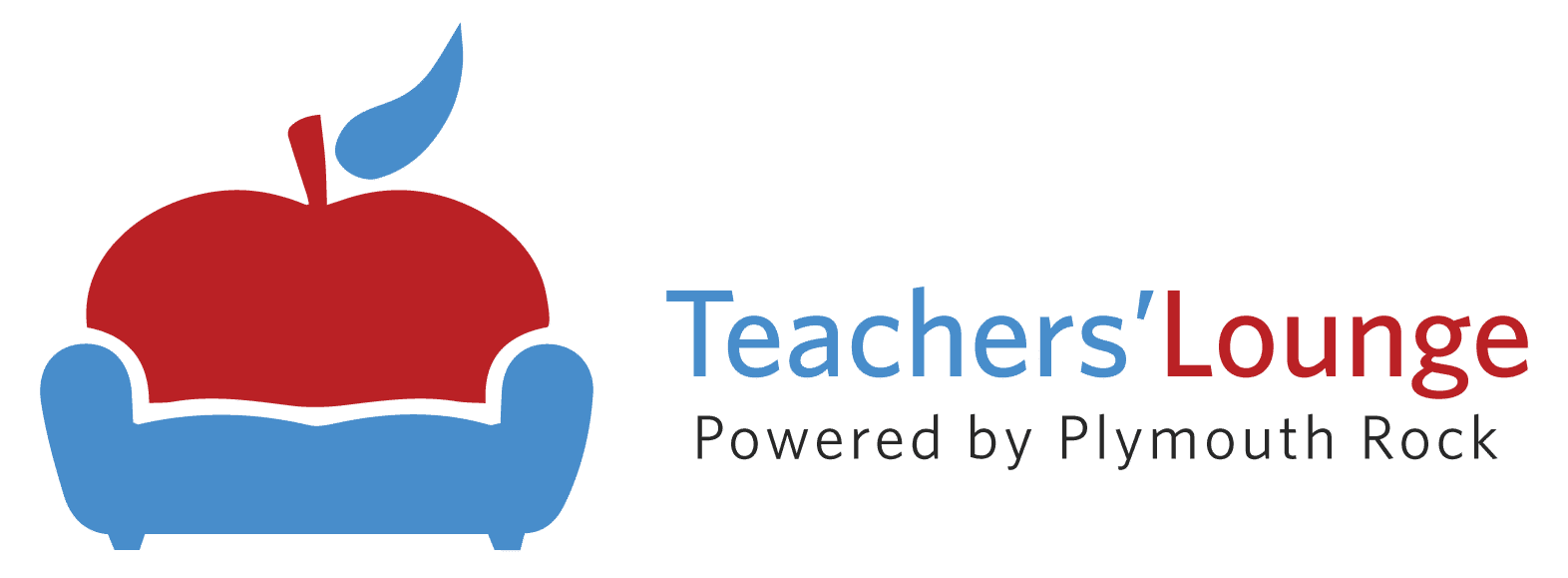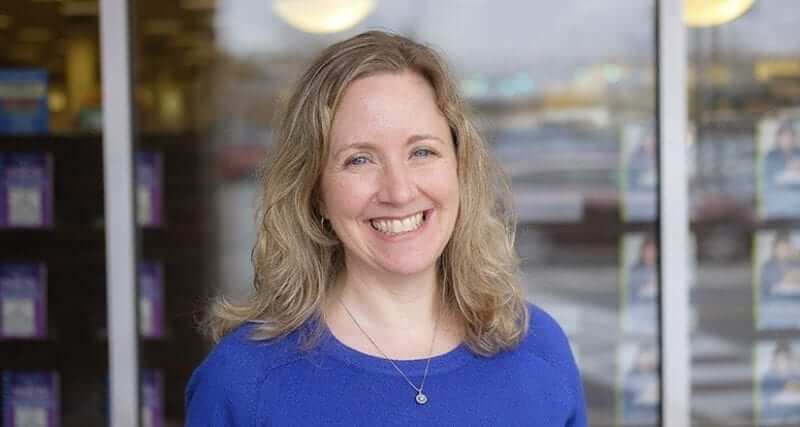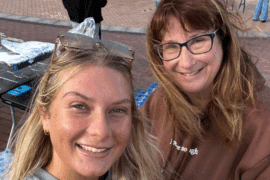Stacy Schiller, Raritan High School, Hazlet. US History II and an elective on the Holocaust and Genocide and an elective on Sociology.
“While I was a teacher in Marlboro my principal had gone on a trip with the New Jersey Commission on Holocaust education to Europe and visited two different holocaust sites. When my principal came back he did a whole presentation and that’s when I realized that I wanted to go on that trip.
So I went on the trip and went to Berlin, Prague, Kraków, and Warsaw and then we flew to Amsterdam in the Netherlands. It was definitely a life-changing experience for me. I came back as a different person and a different educator, and I began looking for things to get involved in in the community. I wound up leaving teaching and going to UMass Amherst, where I got a Masters in Social Justice Education.
When I came back to New Jersey I got this really great opportunity and I became the director of the Holocaust Resource Center and Diversity Counseling at Kean University. But in the middle of all that, I realized how much I missed the classroom.
So I wound up getting a job at Hazlet, which is where I am now, and when my colleague retired, the Holocaust class just naturally came to me. I have been teaching it for five years.
I think Holocaust education is important for two reasons: The first one is its imperative to remember the past and the victims and what they went through. But also for the lessons we can learn and apply to the world and our lives.
In my classroom, I don’t spend a lot of time talking about the deaths and the murders, but more time talking about the choices that people had to stand up to injustice and to know that it was not acceptable what was happening. I see my students not necessarily as potential victims but more so as potential bystanders.
In my holocaust class, the students are very happy to find out that there are no tests, because it is not as important to me if they can tell me the names of the concentration camps and the dates etc. I want them to understand how easy it is for people to follow a leader who is not telling them the entire truth and be caught up in an unjust system. I go over the choices that they have to challenge the propaganda and stand up for their neighbors and colleagues and fight for justice.
I give them examples of people who did not follow the Nazi principles and who took action. Even if they didn’t make a large impact they at least made a difference in one person’s life. Whether by keeping their friend’s diary or their favorite toy when their parents tell them they can’t play with them anymore because they’re Jewish.
One of the highlights of the course is we take the students to the Holocaust Memorial Museum in DC as a day trip. A number of students who went last year told me afterwards what a difference it made, because information that we had already studied gave them context for the museum and a deeper understanding of what happened.
We were able to see a survivor speak at the museum last year who turned 90 years old this January. He had been in Auschwitz. My students were so taken in by his story and then afterwards some of them went to shake his hand to thank him and he wound up thanking them. Afterwards they said to me, ‘Why did he thank us?’ They walk away completely taken aback by the whole thing.
My teaching philosophy is to empower my students and I use the holocaust to help them see that even if they can’t change the world, their actions can still have impact in a positive way. One of the most important things I want them to realize is that they can be a voice. They can make a difference.”
Interview and portrait by Gregory Andrus. To see more of his work, visit www.portraitsofthejerseyshore.com





